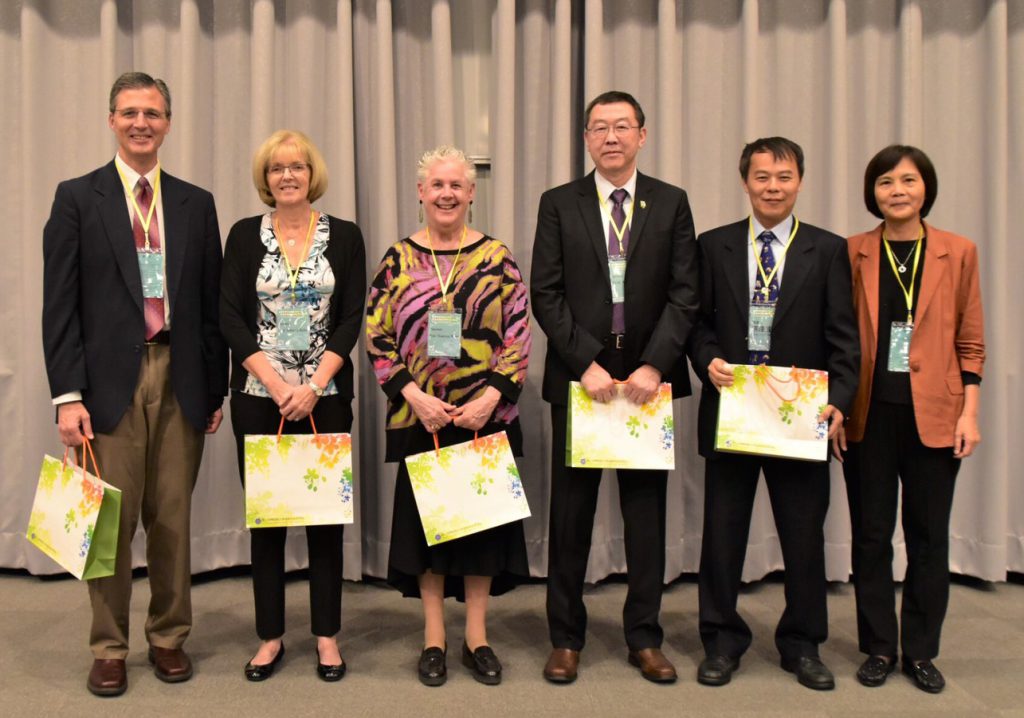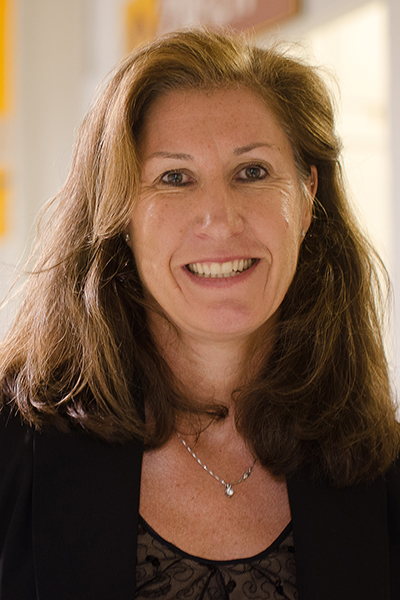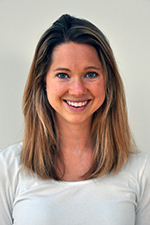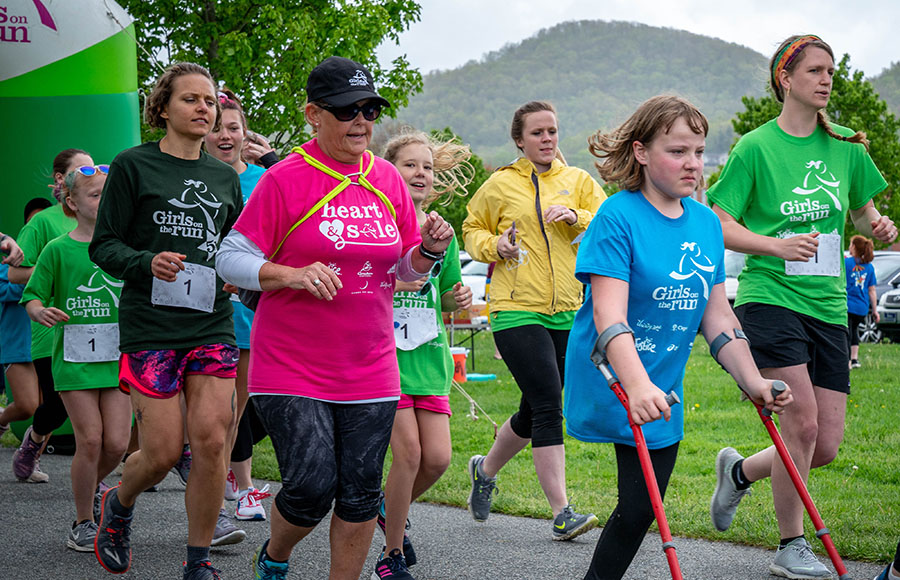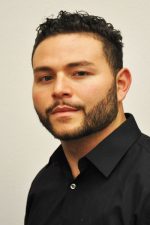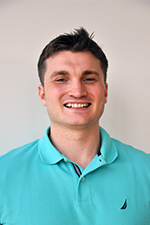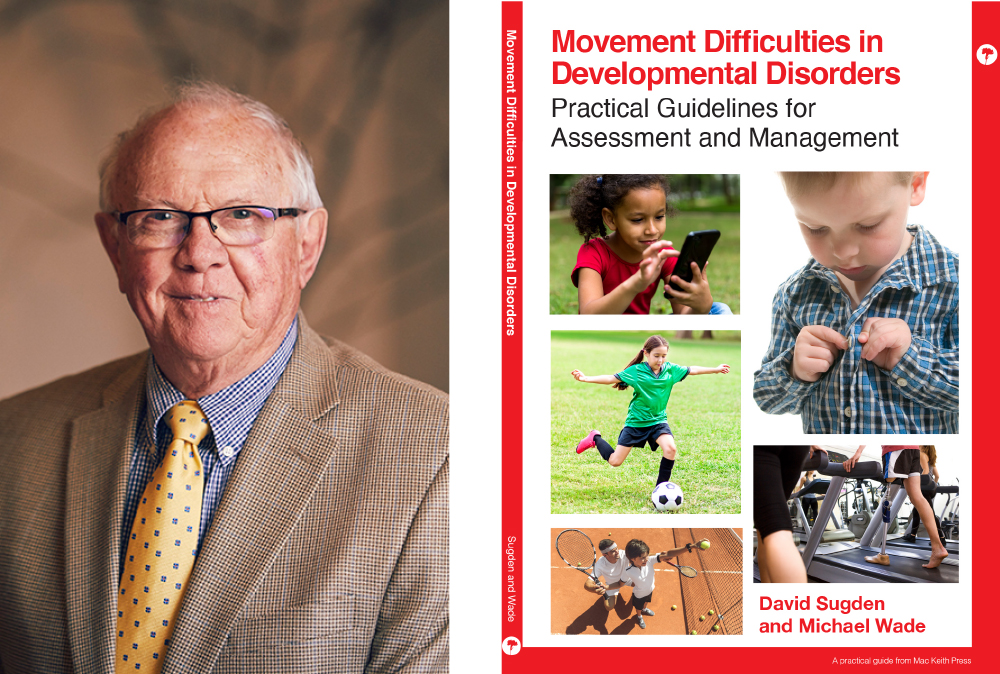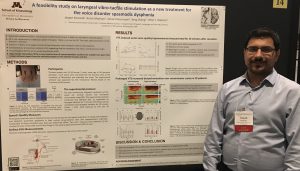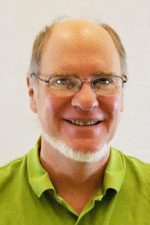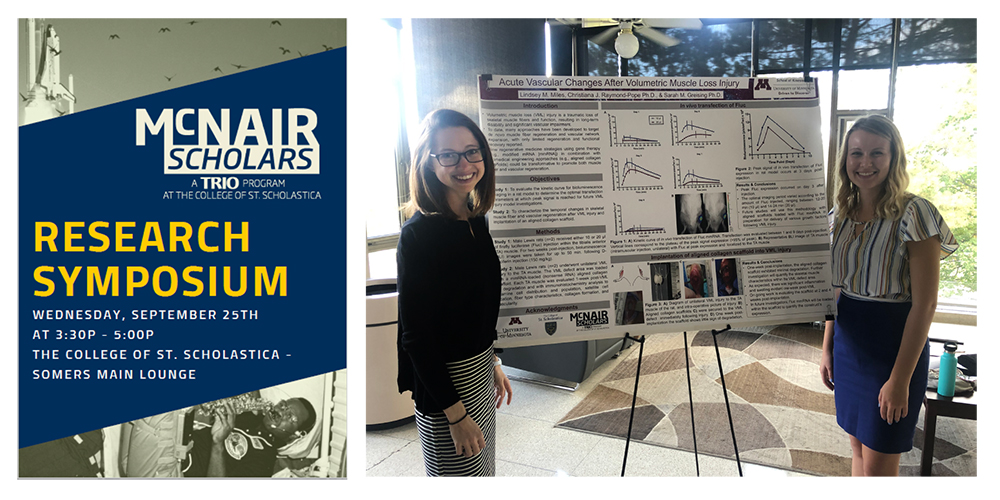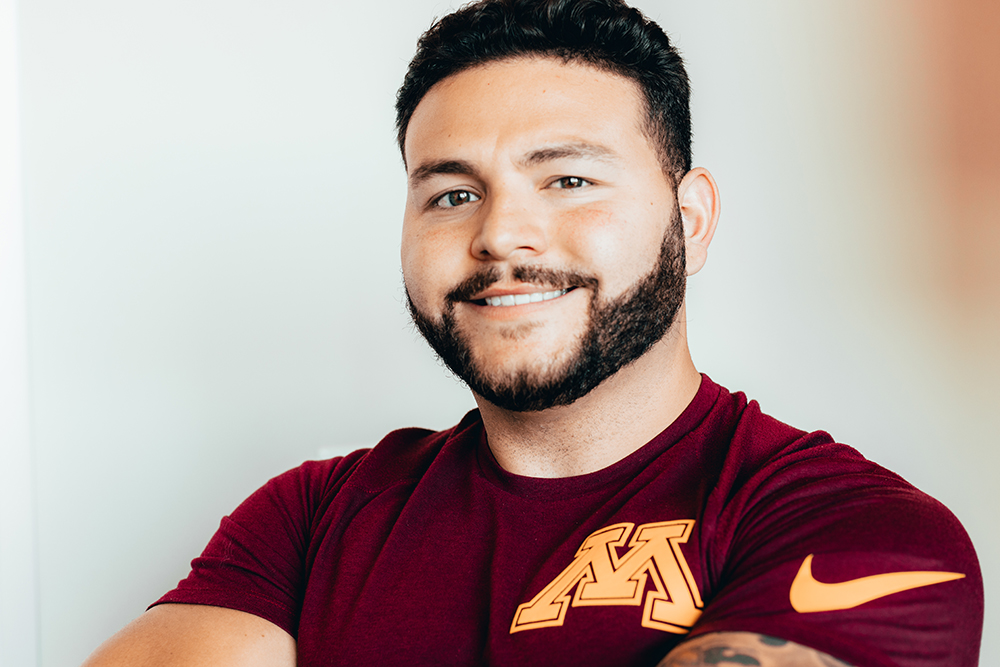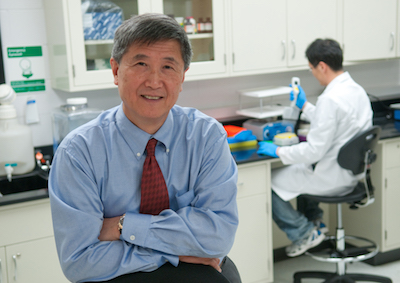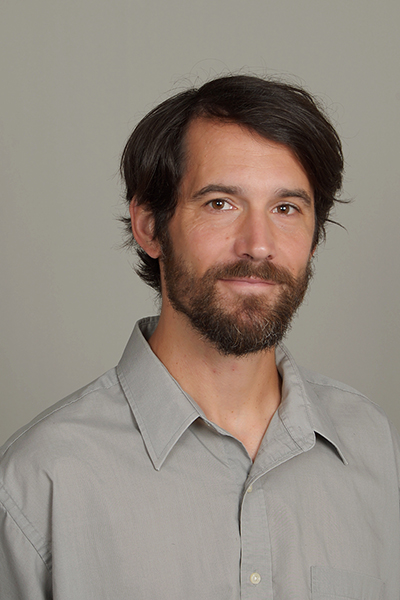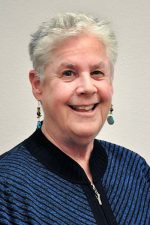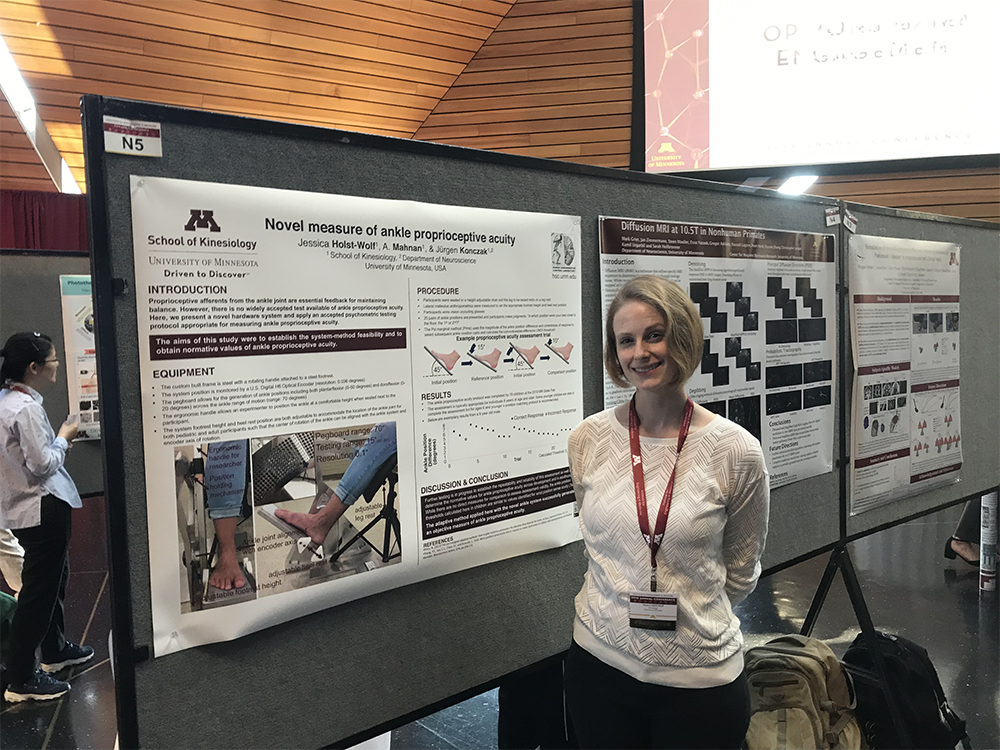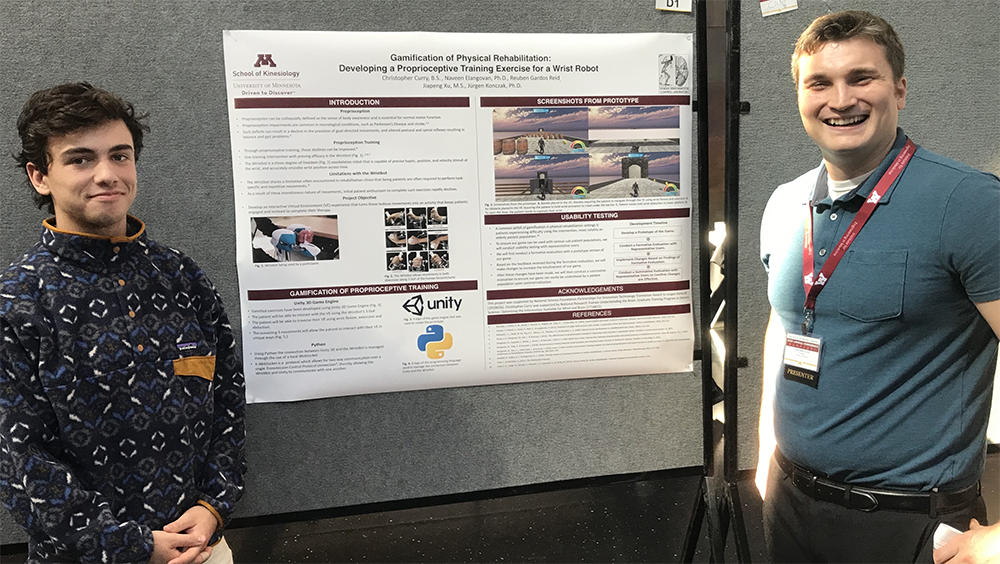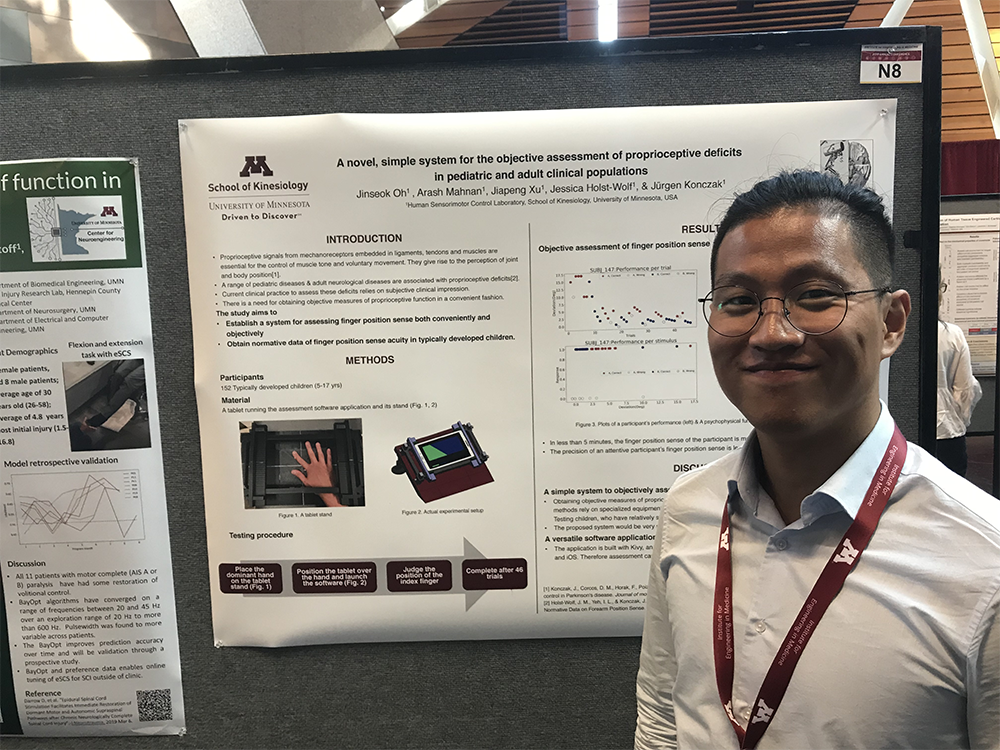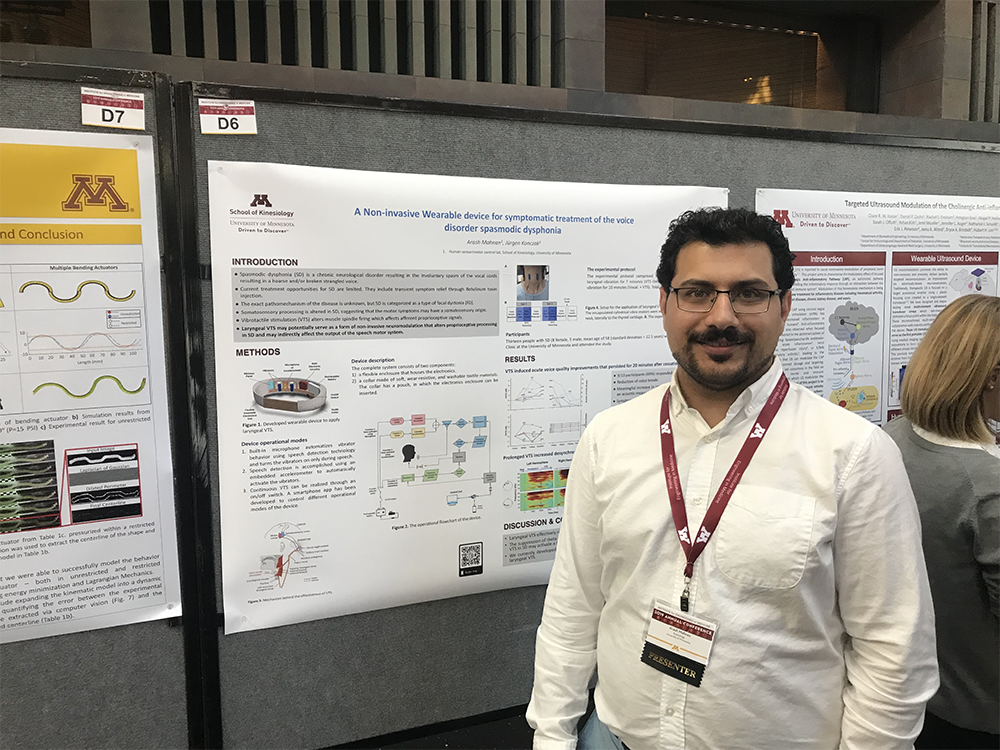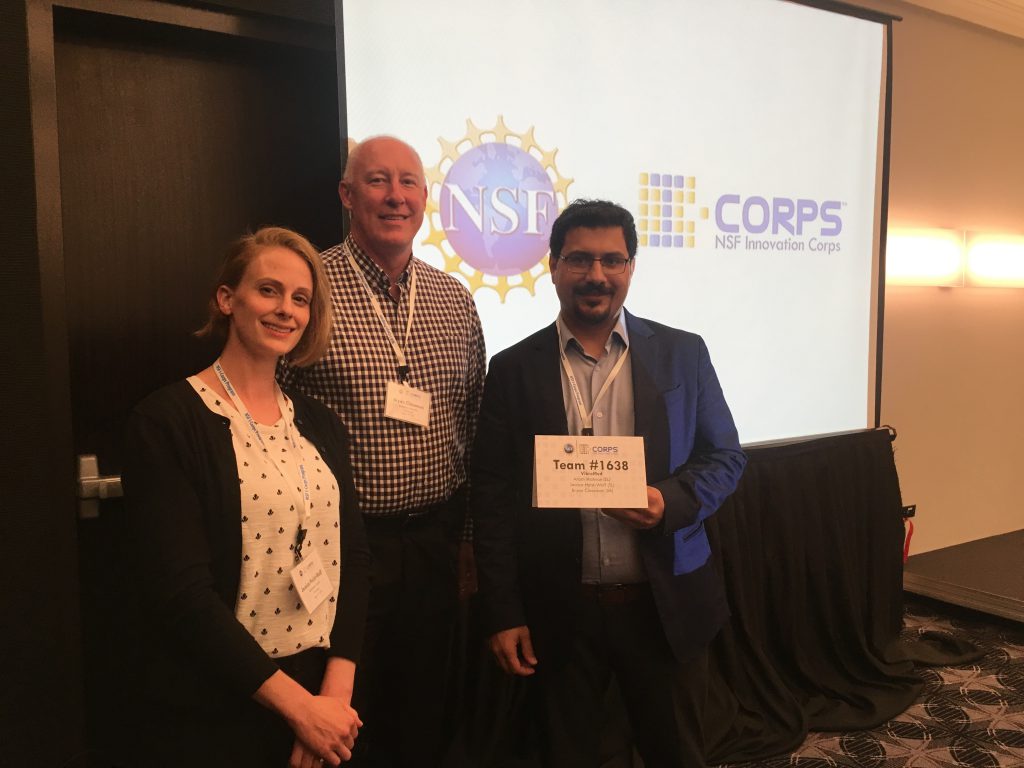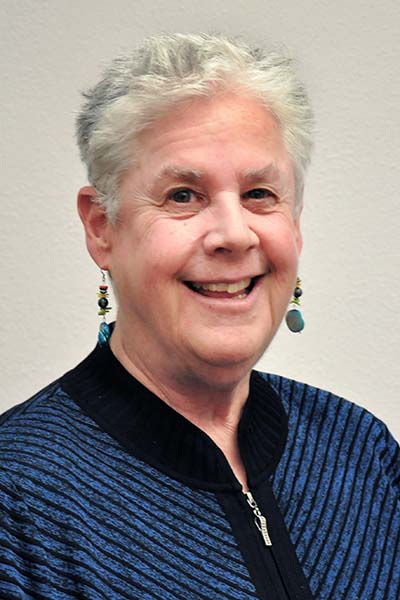
Maureen Weiss, PhD, professor of kinesiology, gave a keynote lecture at the “New Era for Sport, Exercise, and Physical Activity Research between Taiwan and USA” conference in Taipei, Taiwan in October. The conference was organized by National Taiwan Normal University (NTNU) and the Ministry of Science and Technology (MOST). NTNU is a premier research university with a highly rated Kinesiology department, and MOST is the major research funding agency in Taiwan. Attendees included scholars, funders, practitioners, and students interested in Kinesiology research and its contributions to quality of life and well-being.
Weiss’s presentation, “Youth Development through Sport Participation: Promoting Positive Social, Psychological, and Behavioral Outcomes,” focused on sports and physical activities as contexts for enhancing physical activity levels, social-emotional skills, and holistic health outcomes. Physical inactivity is a global epidemic, and scholars are seeking ways to overcome sedentary behavior and resulting negative health outcomes. The conference attracted attention from university, community, and public policy leaders and initiated a path for U.S. and Taiwan scholars to collaborate in the future.
Weiss was one of four U.S. professors invited to represent the National Academy of Kinesiology (NAK). Weiss and her NAK colleagues participated in a roundtable session, “Dialoguing with Fellows in USA National Academy of Kinesiology,” discussing questions such as, “how does NAK guide research to tackle scientific and practical issues related to kinesiology,” how does NAK play a role in translating kinesiology research findings to produce social and economic impact?,” and “what are the possibilities for international collaborations between NAK and institutions from other countries?”
